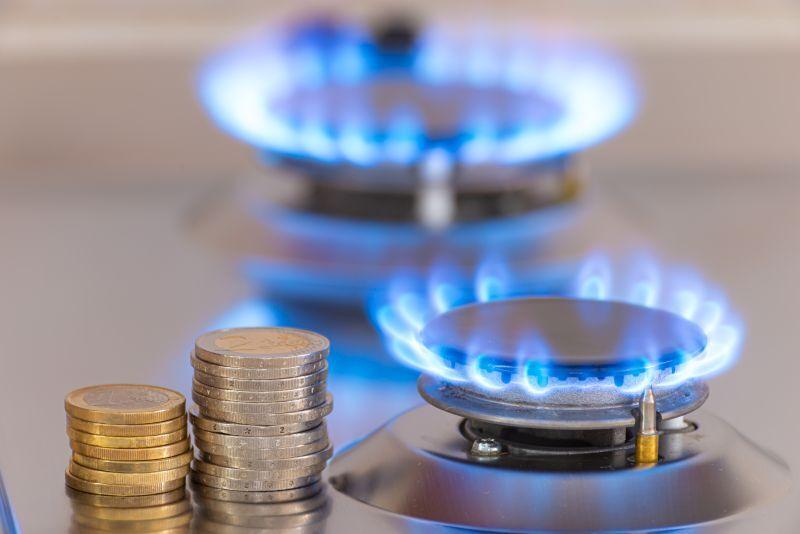This page has been automatically translated. Please refer to the page in French if needed.
Heating for private individuals
What is the natural gas sales benchmark price?
Publié le 29 avril 2024 - Directorate for Legal and Administrative Information (Prime Minister)
The benchmark gas sales price will show a slight increase in May compared to April. But do you know what that benchmark price is? Service-Public.fr explain it to you.

Since the regulated gas tariffs ended on 30 June 2023, the Energy Regulatory Commission (ERC) publishes a monthly benchmark selling price of natural gas for residential consumers. It shows a slight increase between April and May 2024 due to the recovery in wholesale natural gas prices, which had been falling since late 2023. The variable duty-free share of a typical cooking/hot water and heating consumer increases by €1.23/Megawatt-hour (MWh)
The average benchmark price HT is in 1.7% increase between April and May 2024, increasing from €74.73/MWh to €75.76/MWh, says the CRE.
The Commission calculates an annual average price per MWh consumed, based on data provided by GRDF. This price includes fixed and variable shares applied to consumers of cooking/hot water and heating type.
The CRE still advocates an annual price for the month of May between €102.94 and €257.18 per year for subscription.
From 1er May 2024 will see a slightly larger increase for every MWh consumed for hot water, heating and cooking.
The National Energy Ombudsman proposes a bid comparator independent.
Reminder
consumers who have not left the regulated gas sales tariffs on 1er July 2023 were transferred after that date to a default offer at the historical supplier (so-called flip-flop offer).
What is the benchmark price?
The CRE's monthly benchmark selling price for natural gas informs consumers in the context of the end of the regulated gas sales tariff (RGTR).
It is variable and indicative and represents an average estimate of the costs incurred by suppliers for the supply of natural gas to a residential customer.
For consumers, it serves as a compass for comparing offers, giving consumers an idea of the price at which regulated tariffs would have been if they had been maintained. The CRE states that suppliers are now free to construct their offers according to supply conditions (cost of energy on the wholesale market) and other costs (routing, storage, remuneration of the supplier).
FYI
the CRE recalls that the supplier has a duty to provide information and advice in his contractual relationship with the customer; he must offer the offer best suited to the consumer's needs.
Additional topics
Commission for the Regulation of Energy
Commission for the Regulation of Energy
Public life
Agenda
Apprentissage
Jusqu'au 17 mai 2024
Publié le 03 mai 2024
Impôts
À partir du 11 avr. 2024
Publié le 11 avril 2024
Prévention Covid-19
À partir du 15 avr. 2024
Publié le 18 mars 2024
Calendrier scolaire
Du 6 avr. au 12 mai 2024
Publié le 15 mars 2024

